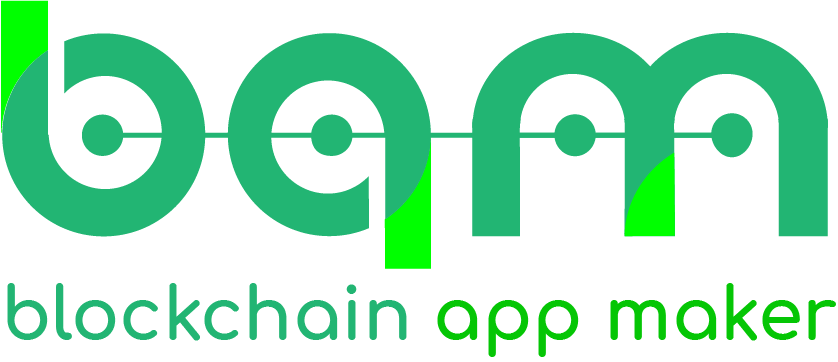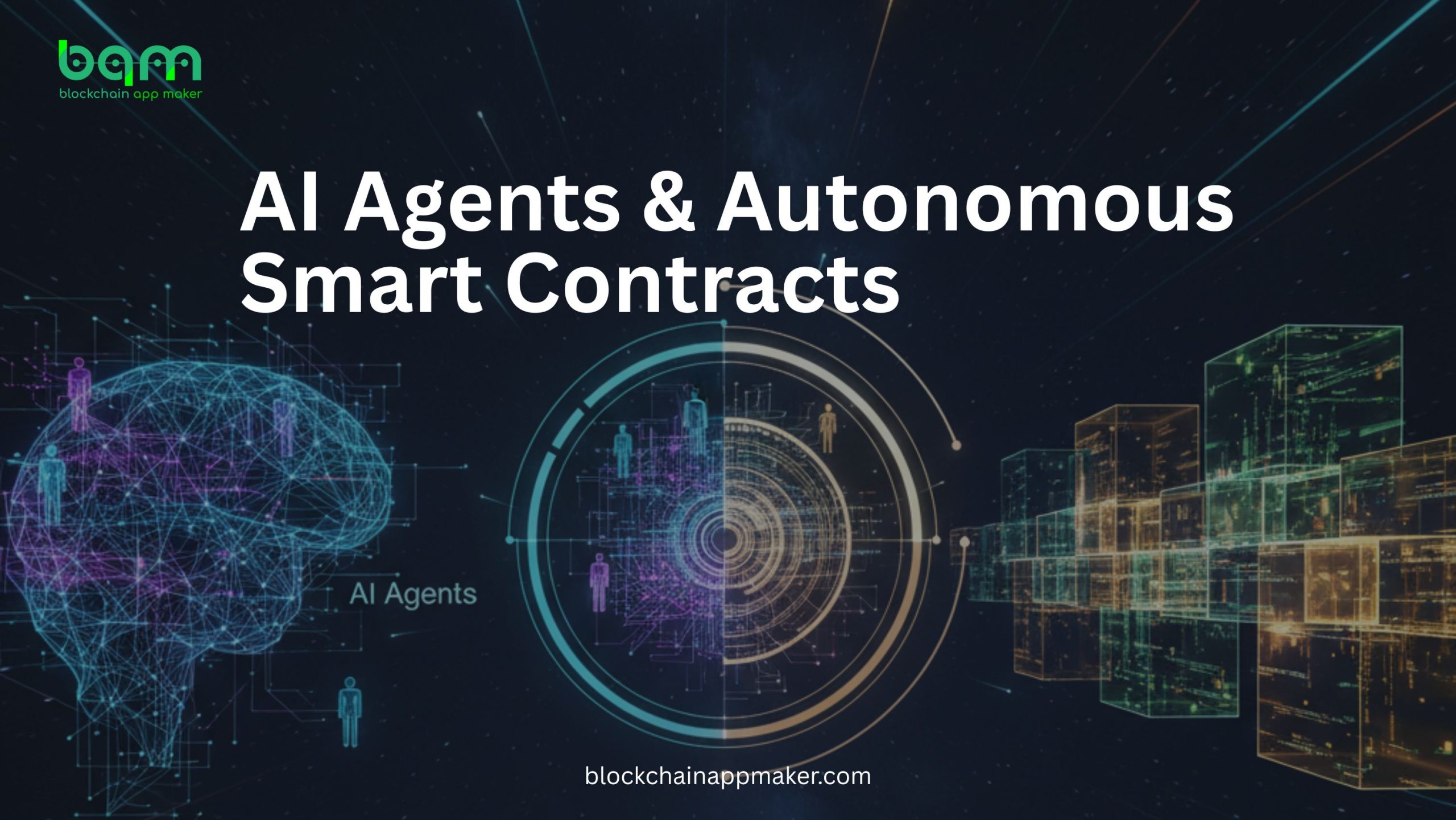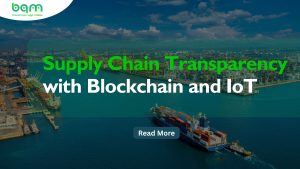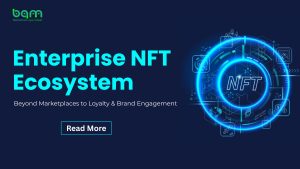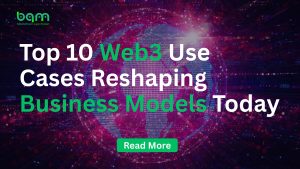Introduction
As the blockchain has transformed online transactions, the traditional smart contracts are often rigid, fixed, and not automation-intensive. Companies need smart dynamic contracts that are able to make decisions and execute tasks automatically.
Introducing AI agents and autonomous smart contracts that integrate blockchain technology with artificial intelligence to offer automation, efficiency, and more intelligent governance.
Companies are deploying AI-based blockchain infrastructure, including DeFi protocols and NFT marketplaces, to reduce human error, simplify operations, and gain a competitive edge.
It is optimized to the maximum and functions as a guide to AI visibility and search engines, exploring the concept of AI agents, autonomous smart contracts, architecture, costs, risks, use cases, and 2025 trends.
What Are AI Agents & Autonomous Smart Contracts?
AI agents in blockchain are autonomous software entities that execute smart contract functions, analyze data, and make decisions without human intervention, maintaining transparency and security on the blockchain.
Key Points:
- AI Agents: Sensible machines that analyze blockchain data, forecast results, and initiate independent actions.
- Autonomous Smart Contracts: AI-enhanced self-executing contracts that can make decisions on their own.
- Distinction from Conventional Contracts: Autonomous contracts adjust in real time according to AI predictions, in contrast to static smart contracts.
Mini Case Study:
An AI agent that tracked liquidity pools and automatically modified collateral ratios during market turbulence was integrated into a DeFi protocol. In Q2 2025, the platform reported 25% fewer liquidations, proving the effectiveness of AI in practical operations.
Architecture of AI-Powered Smart Contracts
AI-smart contracts combine intelligence with blockchain immutability, enabling autonomous operations.
Core Components:
- Blockchain Layer: Decentralized execution and an unchangeable ledger.
- Smart Contract Layer: Business logic and triggers are encoded.
- AI Agent Layer: Data analysis, outcome prediction, and decision-making.
- Oracles and data feeds: AI models that use real-time external data input.
- User Interface / dApp Layer: Human monitoring and interaction.
Workflow (Step-by-Step):
- Oracles provide real-world and on-chain data to AI agents.
- Risks and opportunities are evaluated by predictive models.
- AI-recommended smart contracts run on their own.
- On-chain transactions are permanently recorded.
- Over time, feedback loops help AI make better decisions.
Text-Based Workflow Diagram:
[Data Input] → [AI Agent Prediction] → [Smart Contract Execution] → [Blockchain Recording] → [Feedback Loop]
Use Cases of AI Agents in Blockchain
- DeFi Predictive Analytics & Risk Mitigation
AI anticipates flash loan attacks, shortages of liquidity, and automatically modifies positions.
- Trading and Liquidity Management Automation
Strategies for yield farming are optimized through real-time market analysis.
- DAO Automation & Governance
AI automates the voting process, predicts results, and assesses proposals.
- Platforms for NFT and Tokenization
AI helps with predictive modeling, fractional ownership, and pricing.
Real-World Example:
By using AI agents to dynamically price rare digital art, an NFT marketplace was able to reduce underpricing errors and increase average seller returns by 15% in just six months.
Step-by-Step Implementation Guide
- Select Blockchain Platform: Hyperledger, Polygon, Solana, and Ethereum.
- Define AI Objectives: Trading, governance, and predictive analytics.
- Create Smart Contracts: Encoding AI interfaces and rules.
- Integrate Oracles: Guarantee dependable external data sources.
- Create AI Models: Use both historical and current data to train algorithms.
- Testing and Simulation: Verify security and execution.
- Contract Deployment: Start on the mainnet while being watched.
- Constant Optimization: Modify contract parameters and retrain AI models.
Cost Breakdown for AI Smart Contract Automation
| Cost Component | Typical Range | Factors Affecting Cost |
| Blockchain Network Fees | $50 – $2,000+ | Gas fees, chain type, transaction volume |
| AI Development & Training | $5,000 – $50,000 | Model complexity, dataset quality |
| Smart Contract Development | $2,000 – $25,000 | Features, complexity, integration |
| Integration & Oracles | $500 – $10,000 | Data reliability, latency |
| Maintenance & Monitoring | $1,000 – $15,000/year | Retraining, updates, security patches |
Costs vary depending on scale, frequency of execution, and predictive model sophistication.
Pros & Cons
Pros:
- Lowers operational overhead and human error
- Adaptive and predictive decision-making
- Automated and quicker execution
- Constant observation to enhance security
Cons/Risks:
- Increased expenses for development and implementation
- Challenges with regulations and compliance
- AI model errors may result in unexpected contract outcomes.
- Multi-agent systems’ complexity
Comparison Table: Traditional vs Autonomous AI Smart Contracts
| Feature | Traditional Smart Contract | Autonomous AI Smart Contract |
| Automation | Manual triggers | AI-driven execution |
| Decision-making | Static logic | Predictive & adaptive |
| Risk Mitigation | Limited | Continuous monitoring |
| Adaptability | Low | High |
| Cost | Low to Moderate | Moderate to High |
| Human Intervention | Required | Minimal |
Future Trends & Predictions (2025 and Beyond)
- Multi-Agent Autonomous Blockchains: AI-run entire ecosystems.
- AI-Powered DAO Governance: Automated voting and predictive assessment.
- Predictive Analytics in Tokenized Economies: Forecasting DeFi and NFT trends.
- Connectivity with IoT and Edge Devices: Self-governing contracts overseeing tangible resources.
- Cross-Chain AI Automation: Interoperable AI smart contracts across blockchains.
- Sustainability & ESG: AI maximizing compliance with regulations and resource efficiency.
FAQs
- What are AI agents in blockchain, and how do they work?
Blockchain AI agents are autonomic software applications, which analyze data, predict outcomes and trigger smart contract activities without a human operator. They allow them to be dynamically automated and predictive due to their ability to process real-time data, either external or the blockchain, to make decisions.
- How do autonomous smart contracts differ from traditional smart contracts?
Traditional smart contracts are only executed when some conditions are fulfilled and conformed to rules that are pre-set and are not dynamically defined. Smart contracts that are AI enhanced can perform dynamic decisions autonomously without the involvement of humans, analyze the data, and adjust their execution in line with predictive insights.
- What are the most common use cases of AI agents in DeFi and NFT platforms?
The AI agents are applied within DeFi in risk reduction, automated trading, and liquidity management. They promote the management of fractional ownership, pricing, predictive analytics, and intelligent management of tokenized assets in NFT markets.
- Are AI-driven smart contracts safe, and what are the main security risks?
The smart contracts powered by AI are generally safe, but are vulnerable to such problems as the manipulation of oracles, bugs, and errors of AI models. Some of the mitigation techniques include constant auditing, official verification, redundancy of AI agents, and compliance of regulatory standards.
- How much does it cost to deploy AI-powered smart contracts, and what factors influence pricing?
Depending on the sophistication of the AI model, smart contract capabilities, blockchain network charges or oracle assimilation, and ongoing maintenance, deployment expenses typically range between $5,000 and $50,000 and more. Also influencing pricing is the level of enterprise and frequency of execution.
- Which blockchain platforms support AI integration, and how do AI agents interact with oracles?
The platforms, which support AI integration, include Ethereum, Solana, Polygon, and Hyperledger. AI agents retrieve credible real-world data with the help of oracles, which motivates autonomous smart contract execution and predictive decision-making.
- What future trends are emerging for AI agents and autonomous smart contracts?
The future trends include multi-agent autonomous blockchains, AI-based governance of a DAO, cross-chain AI automation, predictive analytics to tokenized ecosystems, and the interception of the IoT and edge devices to manage real-life assets.
Conclusion
AI agents, autonomous smart contracts are transforming blockchain ecosystems in DeFi, NFT, and tokenization platforms and enabling an autonomous governance approach, predictive decision-making, and operational efficiency. By integrating AI and blockchain, companies will be able to reduce human error, maximize liquidity, automate governance and open up new revenue streams.
Supporting businesses with the implementation of state-of-the-art autonomous smart contracts with the focus on security, scalability, and business use, Blockchain App Maker supports DeFi solutions, the NFT marketplace, and enterprise blockchain services. Talk to our professionals now and find out how AI-powered smart contracts can make the work of your company more resilient in 2025 and beyond.
